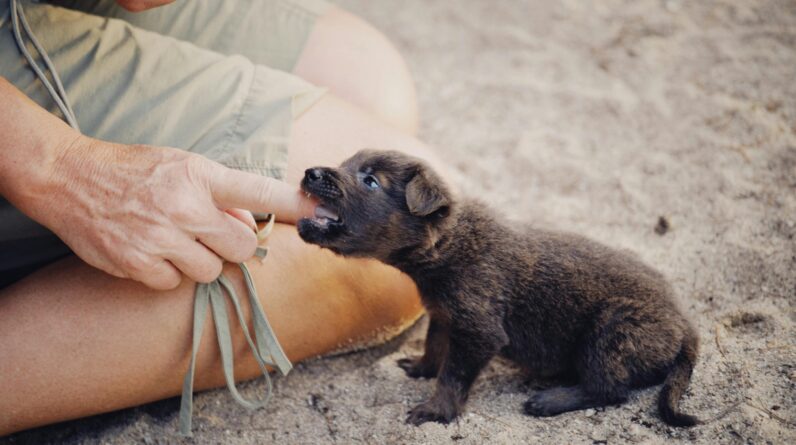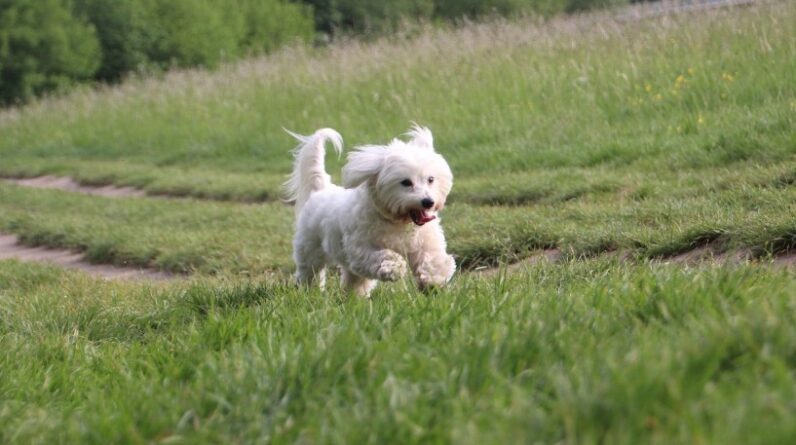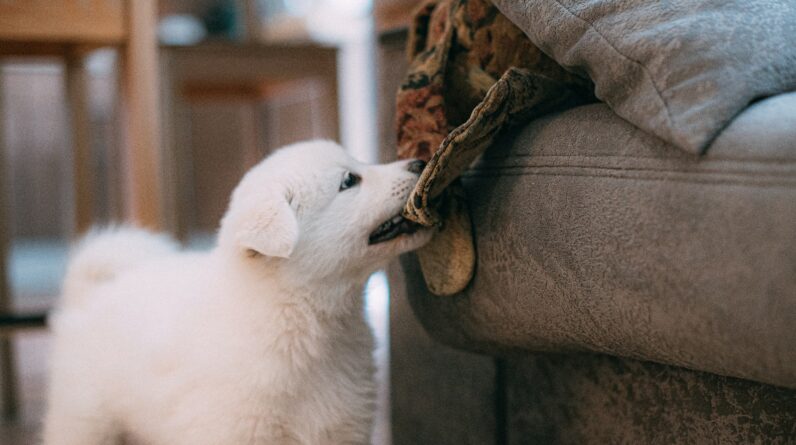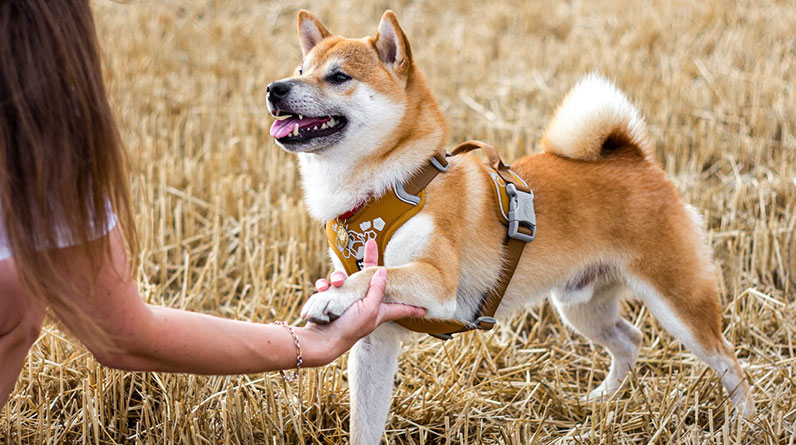

The arrival of a new puppy at home is a thrilling and delightful event, but it’s not without its hurdles. A prevalent issue that many puppy owners encounter is incessant barking. While barking is an inherent trait in dogs, continuous and excessive barking can cause disturbance and even anxiety for both you and your pet. In this piece, we’ll delve into practical methods on how to curb a puppy’s barking, fostering a peaceful atmosphere for all members of the household.
Understanding the Reasons behind Puppy Barking
Before we delve into training techniques, it’s essential to comprehend why your puppy is barking. Dogs bark for a variety of reasons, including:
1. **Communication**
Dogs bark to communicate their needs, such as hunger, boredom, or the need to go outside.
2. **Protection**
Puppies, in particular, may bark to warn their owners of perceived dangers, even if it’s merely the postman or a passing vehicle.
3. **Playfulness**
Puppies frequently bark during playtime as a means to convey their enthusiasm.
4. **Attention-Seeking**
If you ever notice your furry little friend barking relentlessly, it’s probably because they have learned that it’s a surefire way to grab your attention. After all, who can resist giving some love and cuddles to that cute little pupper?
Having understood the reasons behind barking, let’s now delve into some effective strategies to manage and reduce excessive barking.
Training Methods:
1. **Positive Reinforcement:**
– Commend your puppy when they display quiet behavior.
– Utilize treats, compliments, or toys to reinforce tranquility.
2. **Identify Triggers:**
– Monitor your puppy to pinpoint specific triggers that incite barking.
– Gradually address and desensitize them to these triggers.
3. **Consistent Commands**
– Formulate clear and consistent commands like “quiet” or “enough.”
– Employ these commands when your puppy begins barking and reward obedience.
4. **Ignore Unnecessary Barking**
-Refrain from rewarding unnecessary barking to avoid reinforcing attention-seeking behavior. Only give attention and rewards to a puppy when it is calm and quiet
5. **Provide Mental and Physical Stimulation**
Make sure your puppy gets enough mental and physical stimulation to prevent boredom-related barking. Engage them with toys and playtime on a regular basis.
6. **Create a Calm Environment**
– Maintain a tranquil environment during times when barking is more probable.
– Dim the lights and play mellow music to create a relaxing ambiance.
7. **Socialization**
Adequately socializing your puppy with different individuals, animals, and surroundings can help reduce barking caused by fear or anxiety.
8. **Professional Training Classes**
Enroll your puppy in obedience classes led by a professional trainer for structured training and socialization in a regulated environment.
Conclusion:
If you want to stop your puppy from barking, you will need to be patient, consistent, and understand your puppy’s needs thoroughly. You can achieve this by using positive reinforcement, identifying triggers, and providing appropriate mental and physical stimulation. It is important to keep in mind that each puppy is unique, and effective training requires tailoring your approach to suit your puppy’s individual temperament and behavior. By putting in dedicated effort, you can soon enjoy a peaceful coexistence with your furry friend.





